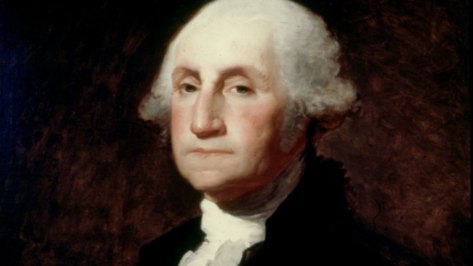
We say lots of sayings in our every day language, without even thinking, but let’s just take a minute to look at some of them a bit closer and you may just be shocked to find out their original meaning….
Saved by the Bell
MEANING: Rescued from an unwanted situation.

ORIGIN: The oldest notion for this phrase related to the fear that people had of being buried alive. So they requested to be put in a safety coffin and if the worst did happen and they weren’t actually dead, maybe comatosed or just having a really good nap, then they could ring the bell that was placed inside the coffin and alert any passerby that they were in fact, still very much alive!
There were famous people who were said to be scared of being buried alive and who made requests on their death bed:


The other popular theory is that the saying originated from the boxing ring: a boxer who is in danger of losing a bout can be ‘saved’ from defeat by the respite signalled by bell that marks the end of a round.
The earliest reference to this is in the Massachusetts newspaper The Fitchburg Daily Sentinel, February 1893: (Source: The Phrase Finder).
“Martin Flaherty defeated Bobby Burns in 32 rounds by a complete knockout. Half a dozen times Flaherty was saved by the bell in the earlier rounds.”
Waking up on the Wrong Side of the Bed
 MEANING: Waking up in a bad mood.
MEANING: Waking up in a bad mood.
ORIGIN: Anything having to do with the left was often associated with something sinister. To ward off evil, innkeepers used to make sure the left side of the bed was pushed against a wall, so guests had to get up on the right side of the bed.
Bite the Bullet
MEANING: Accepting something difficult or unpleasant.
ORIGIN: During battle, sometimes there was no time to administer anaesthesia before emergency surgery and the surgeon made patients bite down on a bullet in an attempt to distract them from the pain. I suppose they weren’t really worried about lead poisoning in those days…
To Turn a Blind Eye
 MEANING: To disregard or pretend not to notice something of which one disapproves
MEANING: To disregard or pretend not to notice something of which one disapproves
ORIGIN: This is attributed to an incident of Admiral Horatio Nelson (pictured left). He was blinded in one eye early in his life. During the Battle of Copenhagen in 1801, Admiral Sir Hyde Parker who was in command of the British forces, sent a signal to Nelson ordering him to discontinue the action.
Naval orders were transmitted via a system of signal flags at that time and when this order was brought to Nelson’s attention, he lifted his telescope up to his blind eye, saying, “I have a right to be blind sometimes. I really do not see the signal,” and his forces continued to press home the attack. The attack forced the French to surrender and was a major victory for England.
It is thought that this is the shortened version of “To turn the deaf ear and the blind eye.”
To Give Someone the Cold Shoulder
MEANING: A way of telling someone that you don’t like them
ORIGIN: It was usual for the host to serve hot meat for the guests to welcome them. After a feast, the host would let his guests know it was time to leave by giving them a cold piece of meat from the shoulder of beef, mutton, or pork.
And on that note – I will take a hint and take my leave too, until next time, bye.

I get out of the left side of the bed every day…..that maybe explains a thing or two 😉 😂
LikeLike
Thanks for the sensible critique. Me & my neighbor were just preparing to do a little research on this. We got a grab a book from our local library but I think I learned more clear from this post. I’m very glad to see such excellent information being shared freely out there.
LikeLike